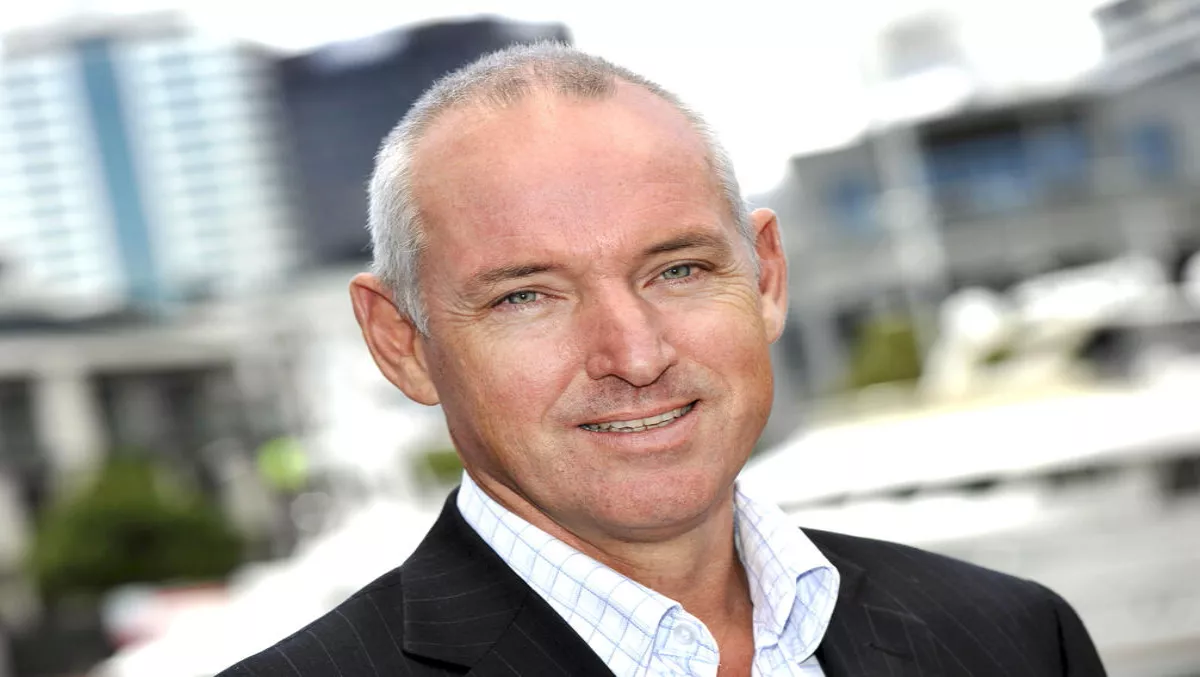
HP NZ asks... will your organisation be ready for UFB & RBI?
Over the next 3-6 years New Zealand will achieve a major milestone in the digital age - ubiquitous broadband will become available to 98% of the population in both urban and rural areas, via the implementation of New Zealand’s Ultra-Fast Broadband (UFB) and the Rural Broadband Initiative (the RBI) programmes.
Both initiatives will deliver a significant increase in connectivity over the next five years, and businesses need to consider how they can best utilise universal connectivity to profit their business.
One of the more pressing challenges for NZ businesses will be how to attract and retain workers, and how to cater for workers with lifestyle aspirations that are extra-urban.
The idea of working remotely, especially in urban areas, is nothing new however it has also never been possible in the way that UFB and the RBI will facilitate.
In the current environment the ability of New Zealand businesses to embrace Cloud technology has been significantly impeded by the lack of reliable internet access. As a consequence, organisations have tended to shy away from remote working.
But the idea of requiring an employee’s physical presence in the office is changing and will continue to do so as advancing technology allows businesses to take a much broader view on how they engage people to deliver services.
To take advantage of the digital environment UFB and the RBI will enable, the real challenge for many New Zealand businesses will be to understand how they can foster innovation that delivers real results no matter where people are located.
Consider, for example, the benefits for a corporate of running a semi-virtual contact centre.
Contact centres are currently normally based in urban locations; however corporates often struggle to recruit the right people at the right time to manage peaks and troughs of activity
Overhead costs associated with bricks and mortar sites are often high, and a not insignificant proportion of the workforce are often first generation New Zealanders, meaning that most customers would not know whether they were talking to a locally based person or not - losing the perception benefit that your customers are speaking with fellow New Zealanders who really grasp and understand their needs.
In moving to a model where workers can provide services virtually, not only will organisations benefit from reduced overheads, but with the ability to take geography out of the equation.
Companies will be able to source employees from a much wider talent pool, which can result in the hiring of more specialists rather than generalists, meaning less downtime and more creative solutions to problems.
Strong industry voices such as Yahoo’s Marissa Mayer have famously argued that collaboration and innovation can’t flourish unless people are together. However, in the context of some service functions such as contact centres, communications is largely customer-focused making a virtual workforce much more feasible.
This trend will likely increase when the use of better analytics can interpret and extrapolate the unstructured data that will allow companies to mine sentiment and interpret customer issues more intuitively in a manner that is still aspirational in most corporate contact centres.
With the speed and reliability created by the UFB and the RBI, organisations will have the ability to bring people together across all distances.
With overhead costs having the potential to be significantly reduced, Kiwi companies should be thinking now about how they can take advantage of better connectivity and invest the resulting savings in online tools and daily analytics that will foster innovation, promote accountability and boost productivity.
The dial is moving all the time, and with UFB and the RBI being rolled out across the country, companies need to be considering how remote working can enhance the way its business delivers broader, better services to its customers and enables it to get ahead of competitors in this new environment.
By David Eaton, Chief Technology Officer, HP New Zealand

